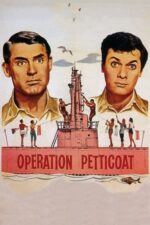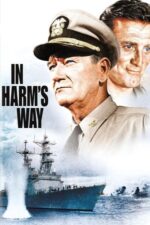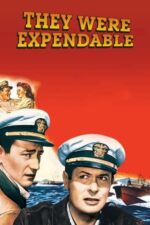Beyond Battleships: Exploring the Navy on Film – More Than Just Saltwater and Steel
Hey everyone! So, I was thinking about naval films recently - you know, those movies that take us out onto the open water with sailors, submarines, and sometimes, a whole lot of explosions. It’s a surprisingly rich vein in cinema history, and it's more than just action sequences (though those are fun!). The navy, as a setting and a theme, offers filmmakers incredible opportunities to explore everything from duty and sacrifice to political intrigue and the very nature of human connection under pressure.
Think about Devil’s Island, for example. It isn’t really about naval warfare; it's about survival and resilience in the face of overwhelming odds during wartime. The German gunboat looming over those desperate refugees – that visual instantly communicates powerlessness, fear, and the brutal reality of conflict. It uses the backdrop of a naval presence to amplify a much larger story about human suffering and hope.
Then you’ve got films like Easy Come, Easy Go. It's a classic example of Hollywood’s mid-century fascination with adventure – a Navy frogman leading a double life! The underwater sequences are gorgeous (for their time!), but the film also touches on that age-old struggle: balancing ambition and responsibility. It reminds me a little bit of The Talented Mr. Ripley, in its exploration of duality, just with more diving gear.
And let’s not forget the sheer joy of The Wackiest Ship in the Army! It's pure comedic escapism, but it still manages to tap into something real about teamwork and finding strength in unexpected places. It’s a reminder that sometimes, the most unlikely heroes can rise to the occasion – even if they’re navigating a garbage scow!
Moving beyond lighter fare, The Great War of Archimedes is fascinating because it delves into the political machinations behind massive military projects. It's not about battles at sea; it’s about corruption and the cost of ambition within an institution as powerful as the Japanese Imperial Navy. It shows how even in organizations built on order and discipline, human flaws can lead to disastrous consequences.
And for a truly gripping, contemporary perspective, Northern Limit Line is essential viewing. It's a stark reminder of the ongoing tensions between North and South Korea, presented with unflinching realism. The claustrophobia of life aboard those patrol boats, the constant threat… it’s genuinely unsettling.
Finally, films like Isoroku Yamamoto, the Commander-in-Chief of the Combined Fleet offer a crucial counterpoint – exploring the moral complexities faced by individuals within powerful structures. It's a reminder that history isn't just about grand events; it's about the people caught in their currents, wrestling with difficult choices.
So, next time you’re looking for something to watch, consider venturing beyond the typical naval action flick. There's a whole ocean of stories out there waiting to be discovered – stories that explore not just battleships and submarines, but also the human spirit navigating the turbulent waters of life.







































